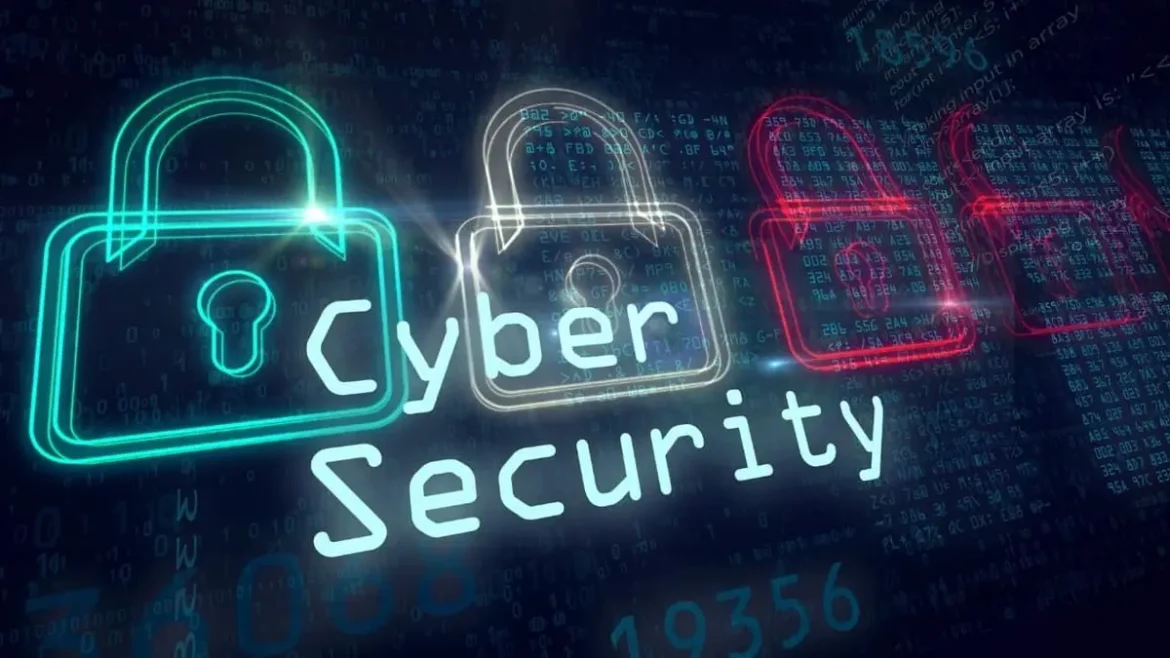In today’s rapidly evolving digital world, cybersecurity is more than just a technical necessity It’s a critical life skill. Schools, as the primary educational institutions for young minds, must include cybersecurity as a core subject in their curriculum. Here’s why:
1. The Alarming Rise of Cyber Threats: The Data Doesn’t Lie
According to the Cybersecurity & Infrastructure Security Agency (CISA), cybercrime is expected to cost the world $10.5 trillion annually by 2025. With an increasing amount of personal data being stored online, the risk of cyberattacks grows exponentially. However, students remain among the most vulnerable demographic. A 2021 survey by the National Cyber Security Alliance found 60% of students are unaware of online risks.
- Identity theft is a growing concern, with over 14 million people in the U.S. being victims of identity fraud annually.
- Phishing attacks have skyrocketed by 70% over the last two years, with students being some of the most common targets due to their lack of awareness about these tactics.
By educating students about these threats, schools can reduce the chances of them falling victim to these increasingly sophisticated cyberattacks.
2. Cybersecurity Skills as a Foundation for Future Careers
The demand for cybersecurity professionals has reached an all-time high. The International Information System Security Certification Consortium (ISC)² reported a zero unemployment rate in the cybersecurity industry. With over 3.5 million unfilled cybersecurity jobs globally. For every 100 open cybersecurity positions, there are only 65 qualified candidates available.
- 65% of cyber professionals also believe that cybersecurity will be one of the most critical job skills in the next decade.
- Tech giants like Google, Microsoft, and Amazon are already seeking individuals with strong cybersecurity expertise, with schools being the first place to build these foundational skills.
By teaching cybersecurity in schools, students can position themselves for high-demand, lucrative career paths. Early exposure will allow them to explore fields such as ethical hacking, digital forensics, and data protection.
3. The Cost of Ignoring Cybersecurity Education
A 2019 report by McAfee found that cybercrime cost the global economy $600 billion annually a staggering figure that continues to rise. When students remain uneducated about cyber threats, they increase the risks of compromised personal data, academic loss, and breaches of school systems.
- A 2020 study found that 1 in 3 schools in the U.S. suffered a data breach, many of which involved students’ personal data.
- In 2022 alone, over 2,000 school districts were impacted by ransomware attacks, with the financial costs of recovery averaging $8 million per district.
By teaching cybersecurity early, students are better equipped to recognize and prevent these attacks, reducing the overall vulnerability of the educational institutions and their data.
4. Building Digital Responsibility and Ethics
In a 2020 study by Microsoft, 70% of teens admitted to engaging in risky online behaviors, such as sharing personal information or interacting with strangers. These risky habits contribute to bullying, scams, and other cyber threats. Teaching cybersecurity promotes digital literacy and helps instill a sense of responsibility in students.
- 75% of parents wish schools taught their children more about online safety.
- 70% of teachers believe cybersecurity education is essential for fostering responsible online behavior among students.
By incorporating cybersecurity into the school curriculum, we ensure that students learn to respect others’ privacy, avoid cyberbullying, and act responsibly online.
5. Adapting to Emerging Technologies and Digital Transformation
As AI, IoT, and blockchain continue to permeate everyday life, the importance of cybersecurity in safeguarding these systems cannot be overstated. In fact, a 2023 report by PwC highlights that nearly 80% of businesses are prioritizing the integration of cybersecurity strategies to protect emerging technologies.
- AI-driven cyberattacks are already on the rise, with attacks predicted to increase by 25% over the next five years.
- As the IoT reaches 50 billion devices by 2030, it highlights the need to understand vulnerabilities in interconnected devices.
Teaching students cybersecurity early equips them to secure emerging technologies in their lives and careers.
Interesting Read
Karnataka Signs MoU with Liverpool University to Boost Research
The ‘Dunki’ Route: A Dangerous Shortcut to the USA
Best Value for Medical Students in 2025: Top 5 Countries with Affordable and Quality Education
Conclusion: Empowering the Next Generation
With rising threats and new technologies, cybersecurity education in schools is vital to equip students with skills to navigate the digital world safely and responsibly. Let’s prepare students for tomorrow’s challenges, today.


